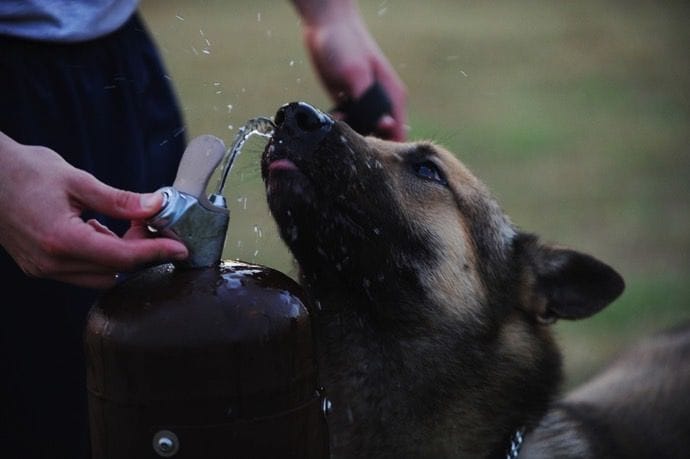Checkup Schedule
There's a few things to factor into when your pet should get a checkup. Age and breed are the first two things to consider when your pet should get a checkup. Then if your pet has a chronic illness, that is going to be a factor, especially as they get older and the illness progresses. For healthy pets, annual exams should do it until they get to be of senior age. Once they hit the senior age of 7, they should be seen twice a year.
Birth to 1 year
Puppies and kittens are going to need to be seen every 3-4 weeks for vaccines until they are 16 weeks old. Puppies will get their rabies and a 7 in 1 or 9 in 1 vaccines, which includes protection against distemper, adenovirus, hepatitis, parainfluenza, parvovirus, and several strains of leptospira. Kittens will get tested for feline leukemia and feline immunodeficiency virus. Once these tests come back negative, your kitty will vaccinated for leukemia as well as rabies, herpes, calici, and distemper. A heartworm and flea-and-tick preventative will also be started and a follow up in 6 months should be scheduled. This is when spay or neuter may be discussed, if not done during the first few visits.
1-7 years
Your furbaby is officially an adult. Yearly checkups are recommended with head to tail physicals with bloodwork being done on any issues your vet may have noticed during the exam or concerns you've shared. Booster vaccines should be done every 3 years unless your state law says otherwise.
7 years and older
This is when your pet is considered a senior. Twice a year exams are recommended at this age. They will still get vaccines every 3 years. You should expect to have bloodwork and urine done to check your pets thyroid, liver, and kidney functions. Be sure to mention an out of the ordinary behaviors to your vet as well. If Fluffy isn't as active as they were last week or you notice she's drinking more water, or not drinking any water, not eating, or not excited about going on those daily walks anymore, there could be a problem with her kidneys, she could have developed arthritis, or have another underlying issue going on that should be address. As always, no matter what age your pet, if you suspect something is wrong, take them to the vet even if it's not time for their annual exam.




No comments:
Post a Comment